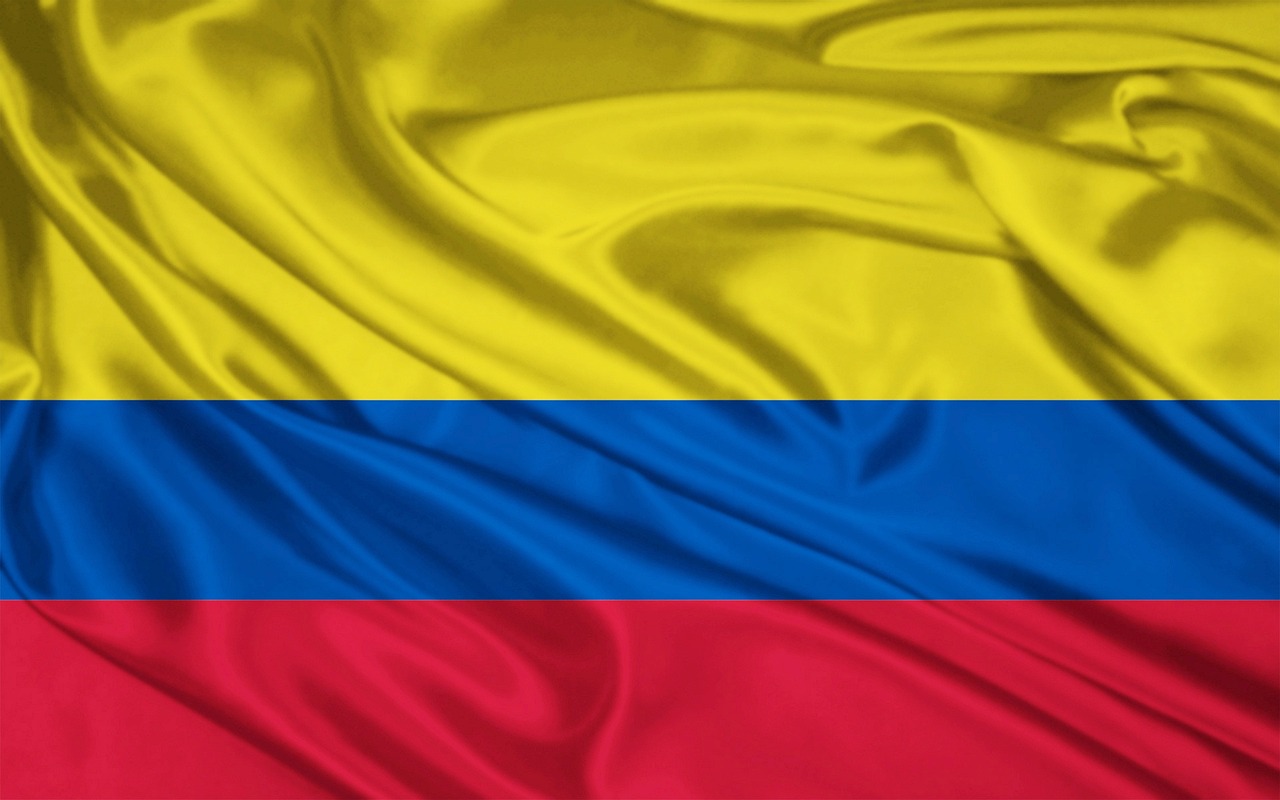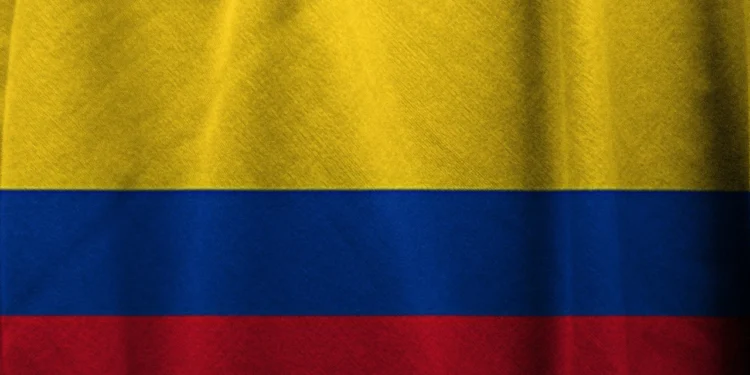The US State Department’s decision to revoke Colombian President Gustavo Petro’s visa is an act of diplomatic overreach, born of thin skin and a dangerous misunderstanding of international relations. Describing the Colombian leader’s call for US soldiers to “disobey Trump’s order” at a pro-Palestinian rally as “reckless and incendiary” may satisfy the administration’s political base, but it represents a colossal, self-inflicted wound to American soft power.
Petro, the first left-wing president of Colombia, was unequivocal: he was calling for US military personnel to “obey the order of humanity” by not pointing their rifles “at humanity”. While provocative and undeniably partisan (this had come days after he demanded a criminal inquiry into Trump administration airstrikes in the Caribbean) his speech was a statement of moral and political conviction, not an operational threat.

The State Department’s punitive action turns a rhetorical barb into a profound diplomatic crisis, effectively asserting that foreign leaders lose their right to free political expression the moment they step onto US soil for the UN General Assembly. This sets a corrosive precedent: if a leader’s visa can be revoked for criticizing a US President’s foreign policy (a policy he explicitly called “genocide complicity”) then the UN headquarters cannot continue to be in New York, as Petro himself suggests. Washington has chosen thin-skinned retaliation over mature diplomacy, handing a propaganda victory to its critics.

















